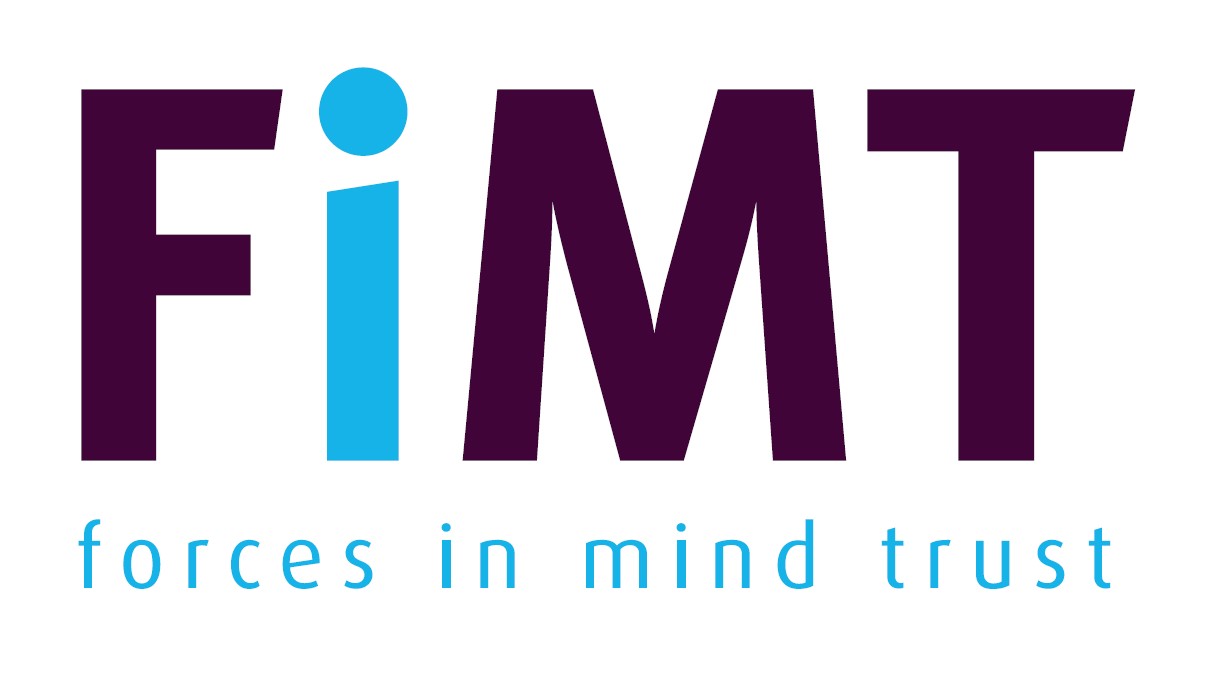Forces in Mind Trust has called for more integrated support for the families of serving personnel and veterans. In a new Policy Statement, the charity says that while support is available for veterans, their families are often left behind.
Forces in Mind Trust’s Policy Statement on Relationships, which was published today, highlights the challenges of Service life to maintaining normal relationships and the consequent impact on lives in transition to civilian life, and sets out recommendations for ways ex-Service personnel and their families should be better supported.
Based on the available evidence and research on the UK Armed Forces Community, the Policy Statement highlights the importance of having a strong social network for transition out of the Armed Forces, and the influence this can have on factors such as mental health and employment which are key to a successful transition.
The statement details the changes needed to ensure that ex-Service personnel and their families enjoy positive inter-personal relationships in family, professional and social environments. This includes:
- Integrated support for families in veterans’ mental health services, including training for staff, better signposting and the commissioning of new services.
- Increased involvement of the family in transition, using behavioural insights to ensure guidance is easy, social and timely.
- Encouraging and supporting Service leavers and their families to build strong social networks.
- Veteran-specific advocacy services.
- forcesResearch to better understand the relationship breakdown in the ex-Service community.
Forces in Mind Trust is continuing to fund research to understand and improve support for ex-Service personnel and their families. The organization recently published research from King’s College London, which explored the impact of Intimate Partner Violence and Abuse (IPVA) on civilian partners of military personnel.
Mike Ellicock, Chief Executive of Forces in Mind Trust, said
“The vast majority of Service leavers make a successful transition back to civilian life – but there is a small group who struggle. Ensuring that ex-Service personnel and their families are supported where appropriate to establish and maintain positive personal and professional relationships is crucial to supporting better outcomes – as well as reducing the financial cost of poor transition for society.
“There are also some aspects of life in the Armed Forces which can place a strain on relationships. It’s important that we understand how this can affect the transition to civilian life, and that we help to mitigate any disadvantages Service personnel may face in this area. We are seeing progress – and look forward to the refreshed Armed Forces Families Strategy from the Ministry of Defence. There now needs to be both investment and concerted effort to build on the progress already made and to ensure that family needs are given the attention they deserve.”
The Policy Statement on Relationships can be downloaded here.

















